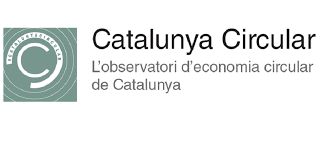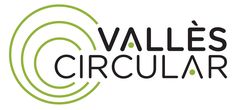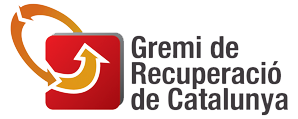Masía Vallformosa is a pioneer company in the implementation of environmental measures such as the use of low density bottles (lighter than traditional), which means a saving of raw material and a reduction of CO2 in transport, of the glass to the processing plant as well as of this installation to final consumers.
With the collaboration of Retecork (European Network of Territories Surers) and the Catalan Institute of Cork, Masía Vallformosa could collect and store all cork stoppers used internally to manage them later as a by-product.
The cork waste come from the process of covering the bottles in Masía Vallformosa facilities, or from the bottles opening to the tasting and dining rooms.
When cork stoppers were not managed as a by-product, these pieces ended up in the general waste container destined to controlled deposit. According to the agreement signed by Retecork with the company CORK 2000, the rejected cork is incorporated into a new production process. This resulted in to cost savings in cork management and in to an improvement in the environmental performance of Masía Vallformosa.
The company receiving the waste is Cork 2000, SL, located in Palafrugell. It is a manufacturer of products derived from cork: insulation for construction, applications and industrial laminates, articles for DIY, school and stationery and parquet and coatings.
The cork stopper waste management process that takes place in this company consists of mixing the residual stopper with the cork granulate purchased to later incorporate adhesives and additives and enter the pressing phase to make the different finished products.
The main advantages of the management of waste cork stoppers as by-products in the Catalan regulatory framework are:
- Improvement in the total balance of CO2 emissions.
- Minimisation of waste sent to controlled storage.
- Help in complying with the requirements of their environmental management systems.
- Reduction of costs in the obtaining raw material and waste management.







